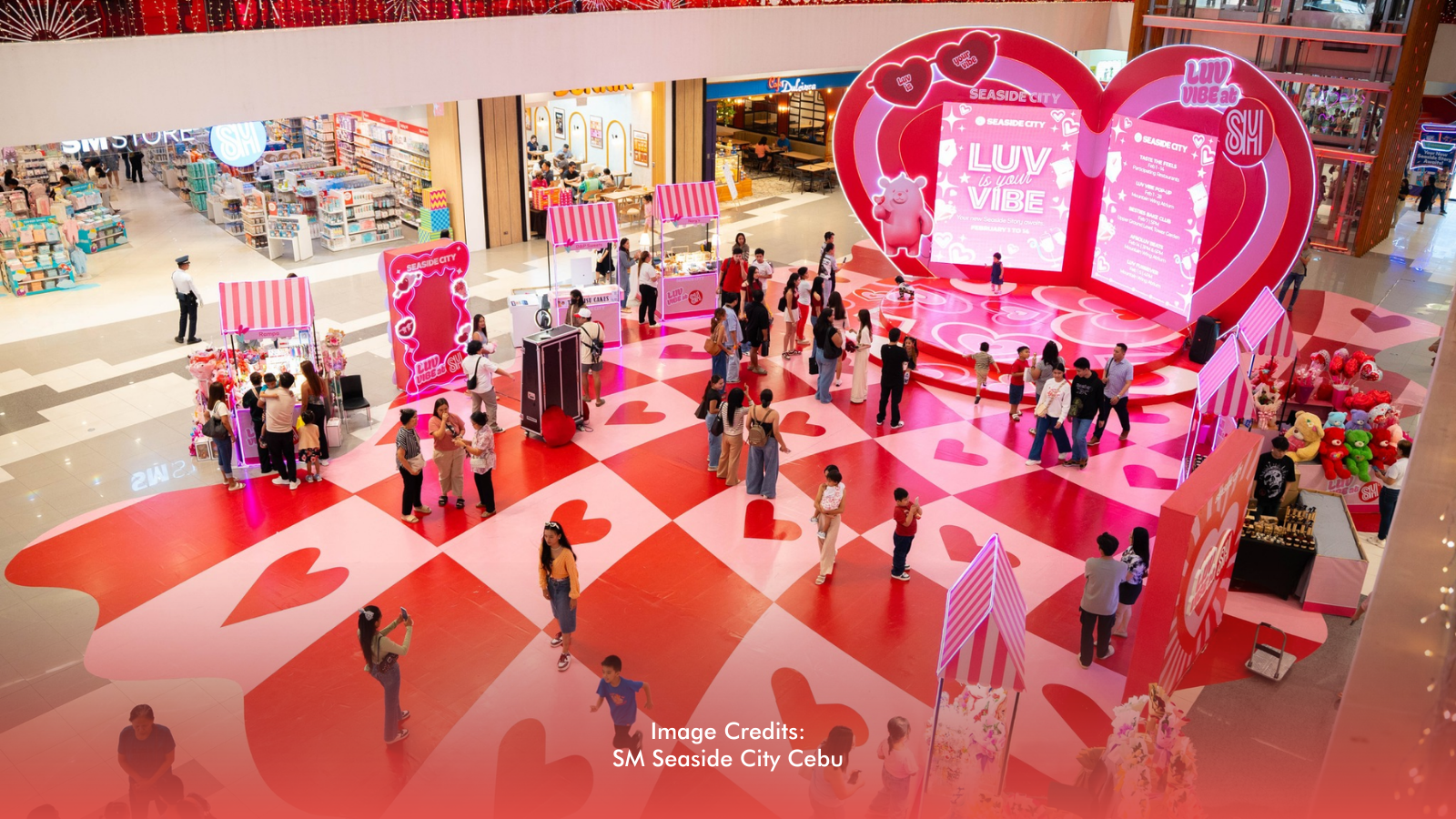DALI Philippines (owned by Switzerland's DALI AG) has reinvented the concept of affordability in retail.
Although DALI comes from Switzerland, a country more famous for its fancy watches and chocolate, this inexpensive grocery store is the opposite.
For years, DALI has claimed to deliver “good quality products at the lowest possible prices next door.” They have done so in ways that captured the thrift culture in the country.
Stripped-down model
Scattered throughout the country, discount stores are becoming more and more popular among customers looking for easy and accessible shopping options instead of the large, expansive hypermarkets.
Leading this movement, DALI introduced a novel strategy for hard discount retailing in the Philippines. The simplicity of DALI's business strategy is essential to its success. Instead of copying the aisle after aisle of displays in a typical supermarket, DALI focuses on selling a few items.
These consist of common domestic items like cleaning supplies, kitchen essentials, and food items. Although DALI sells several well-known brands, the majority of its merchandise is sold under its own unique trademarks.
DALI had already opened over 300 retail locations and distribution hubs last year. Their strategy is to locate their outlets in peri-urban and rural areas rather than upscale business districts.
They choose modest, economical retail sites, acquire goods in bulk, and invest little in advertising. Because of the high sales volume of a constrained product range and lean operations, this shift maintains low product pricing.
Unique experience
DALI's strategy differs from conventional retailers, providing a unique shopping experience for thrift-seeking shoppers.
They use automated doors to help customers and vaults to safeguard and store their store cash earnings instead of employing security guards in any of their stores.
DALI stores do not have baggers as they encourage shoppers to bundle their purchases at the counter. They charge for paper bags and enforce a "bring your own bag" policy.
DALI avoids needless overhead by keeping a small inventory and concentrating on the most important items. To cut display expenses, they use simpler shelf displays with products still stored in pallets and boxes.
They make extensive use of private-label brands, which further reduces expenses. Consequently, Dali gives customers affordable options by selling cheaper foreign goods.
DALI demonstrates that keeping costs low is, in fact, a craft in a world where prices rise ever so frequently. With their innovative shopping model, Dali has been a trailblazer in the Philippines' hard discount retailing industry.








